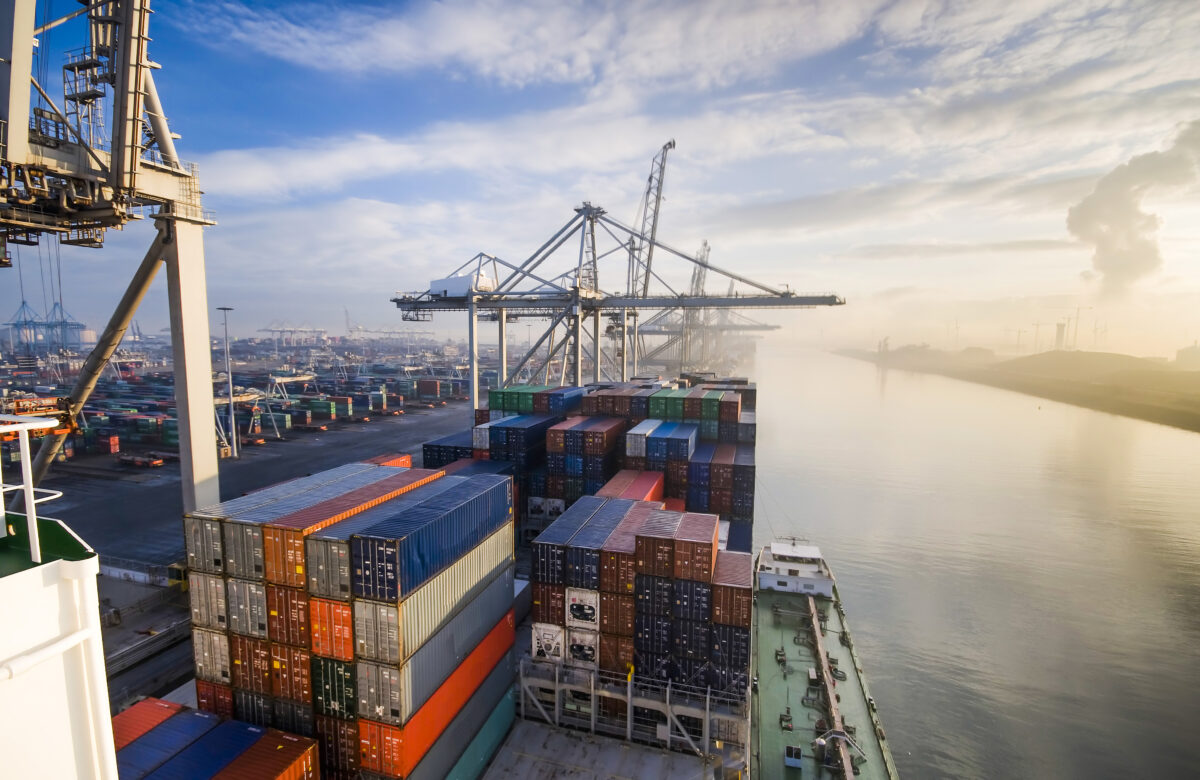The Delegated Regulation to the Union Customs Code (UZK-DA) denies the local clearance procedure for certain tax suspensions of goods subject to excise duty. On 13 October 2016, the Directorate-General of Customs (GZD) announced a ruling allowing the local clearance procedure in certain cases. The customs administration is thus partially amending its UCC implementing decree and is taking economic operators a step closer. Businesses should examine whether they can take advantage of the simplifications of the local clearance procedure
Tax suspension procedure by entry in the accounts
The local clearance procedure considerably simplifies customs formalities for declarants. After authorisation has been granted, declarations under customs and excise duty law can be made effectively by entering them in the declarant’s books. In the tax suspension procedure, for example, energy products can be transported or stored untaxed.
The UZK-DA excludes in principle the local clearance procedure for excisable goods that are transported in a procedure of duty suspension. In the implementing order for the UZK, the GZD also determined that the local clearance procedure for transfer to a excise warehouse is also inadmissible. In this respect, the use of process codes 45 and 68 was not permitted.
Permitted entry for the tax suspension procedure
In certain cases, the suspension of excise duty procedure is now also possible by entering excise goods in the accounts. The GZD ruling allows the use of codes 45 and 68 for products subject to excise duty if
- the goods are released for consumption immediately, or;
- be taken directly to a tax warehouse which is spatially related to the place of release;
- Energy products are transported in fixed pipelines under tax suspension.
For questions on excise law, in particular energy and electricity taxes, our lawyers specialising in excise law are at your side.
Dieser Artikel wurde am 9. August 2018 erstellt. Er wurde am 16. July 2020 aktualisiert. Die fachliche Zweitprüfung hat Rechtsanwalt Dr. Tristan Wegner durchgeführt.

